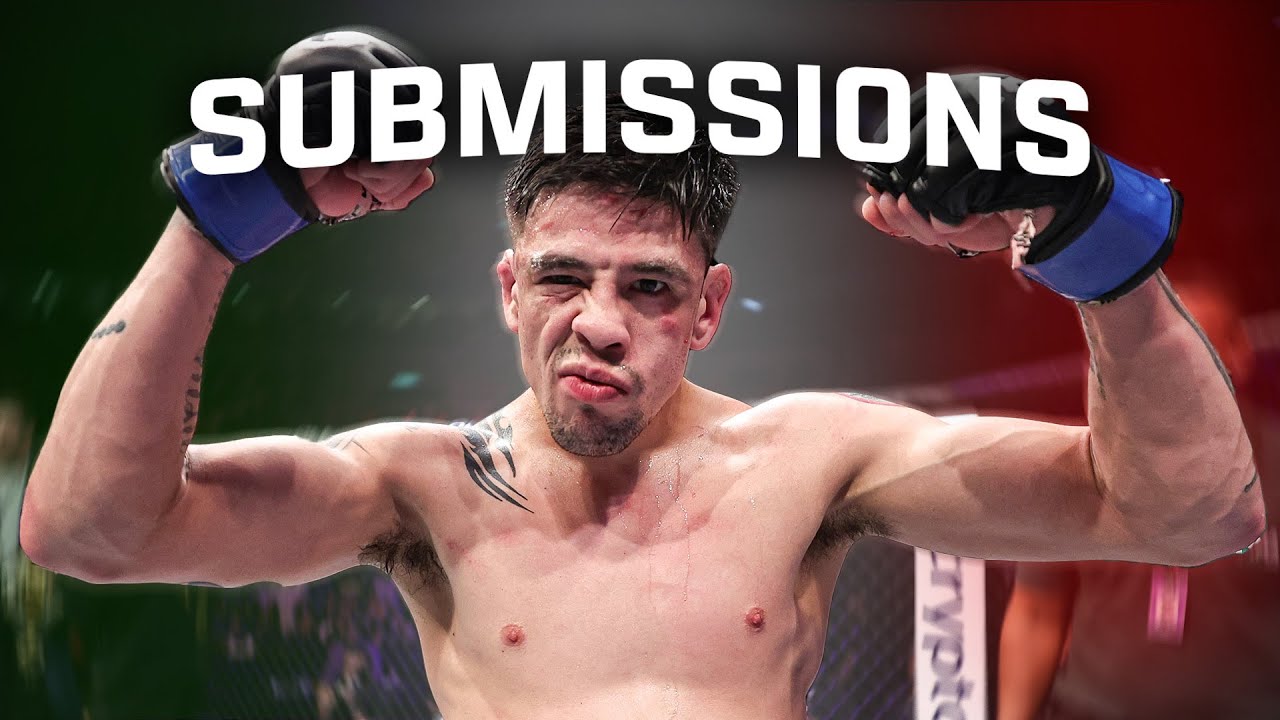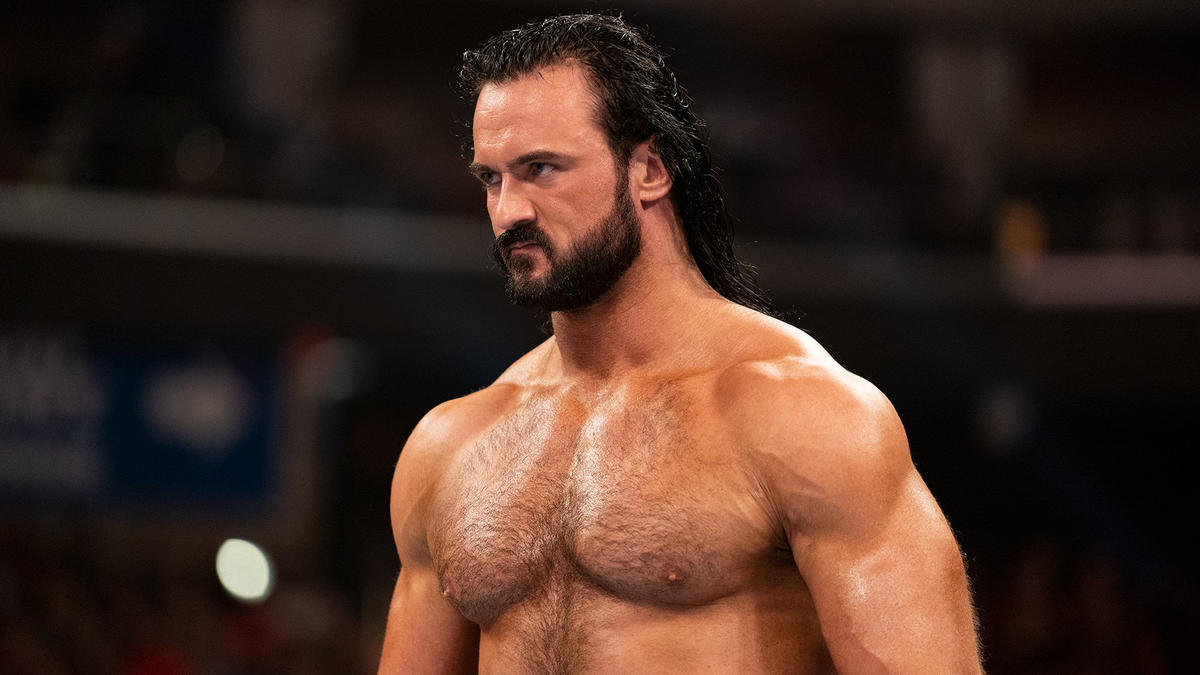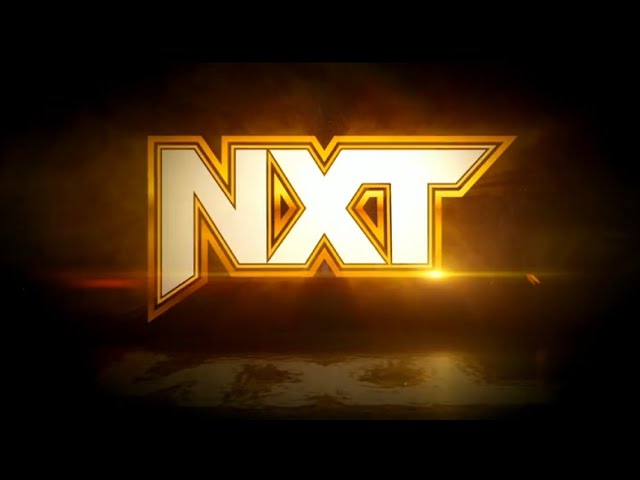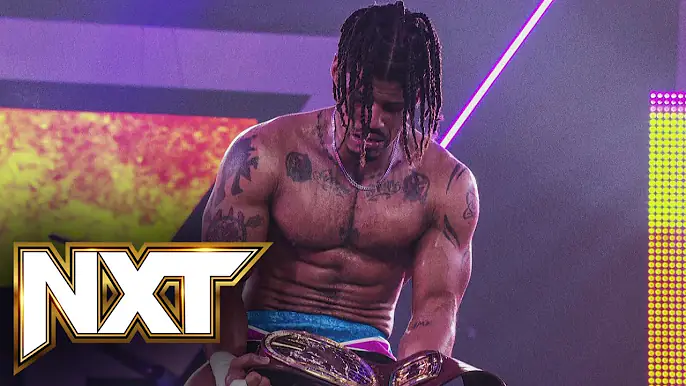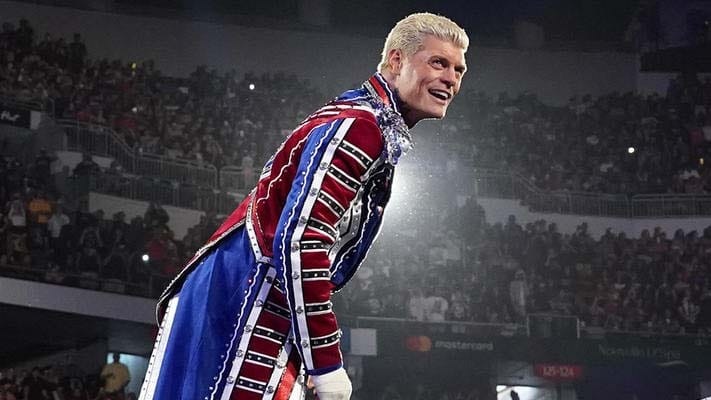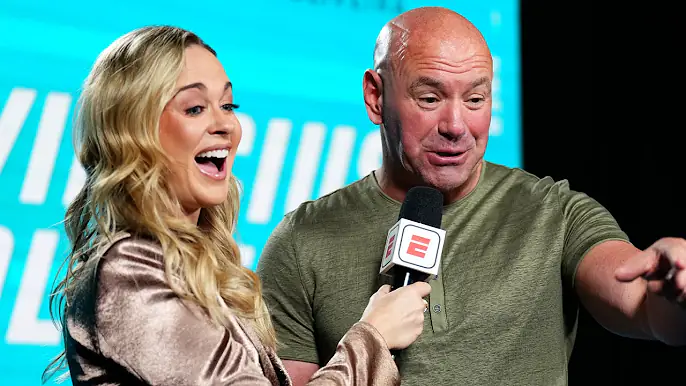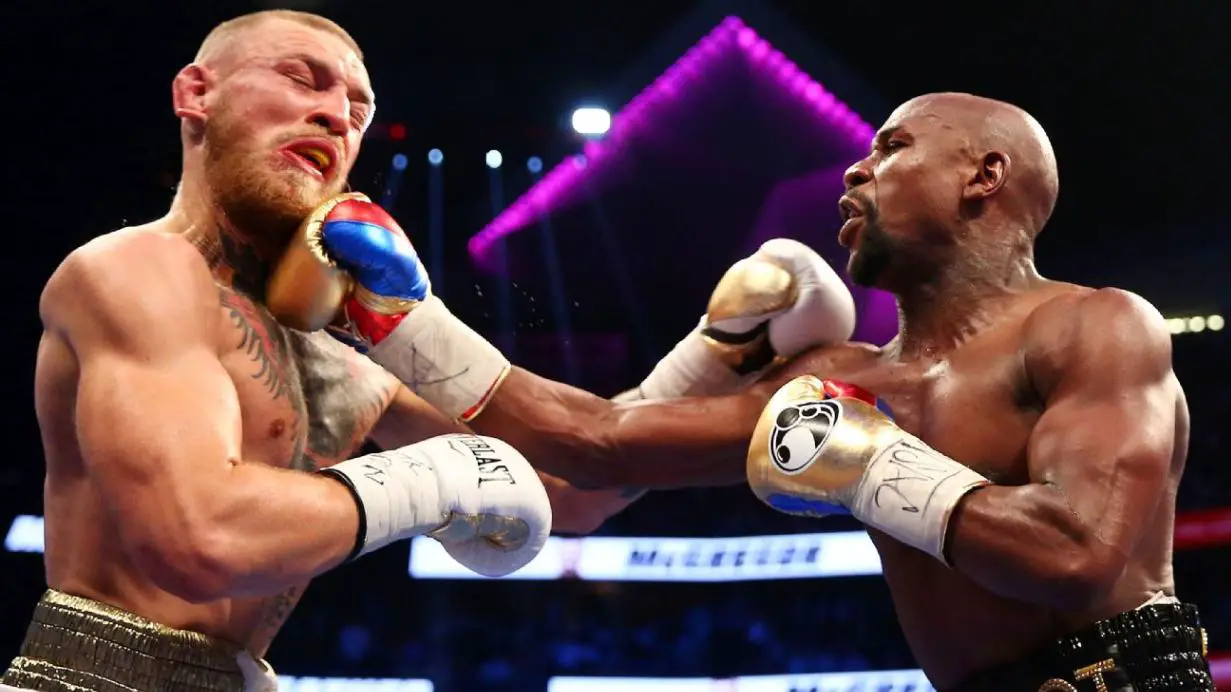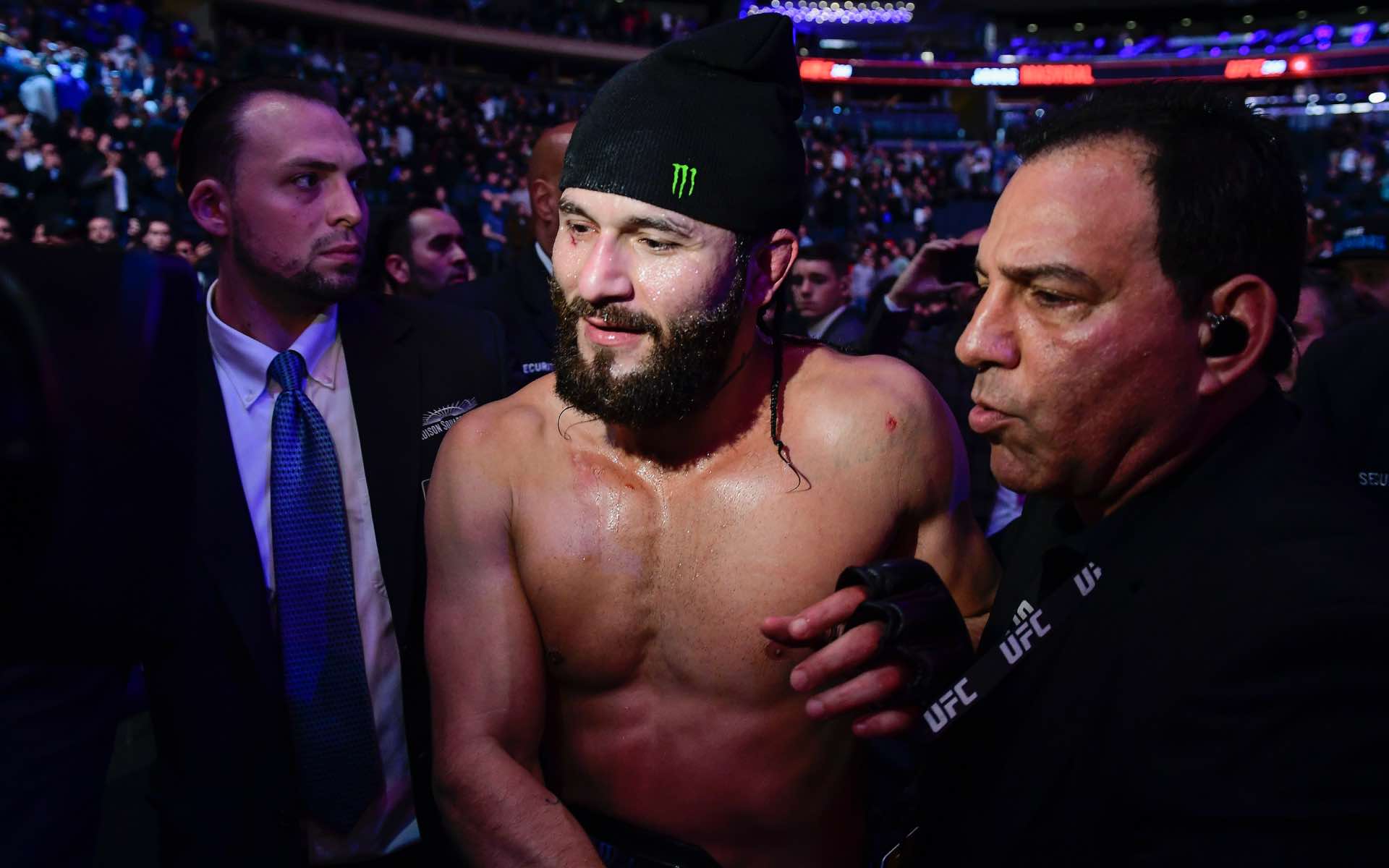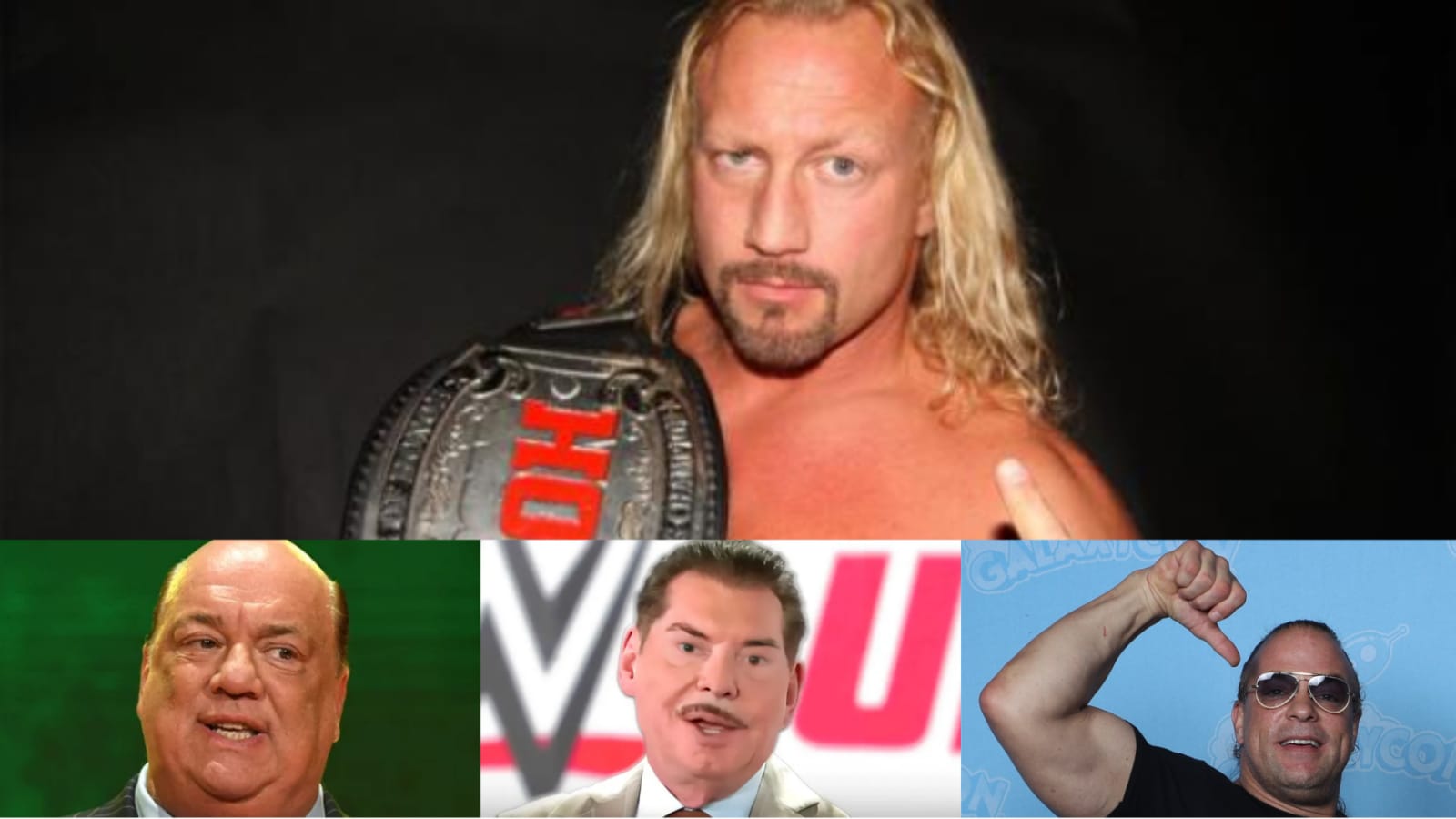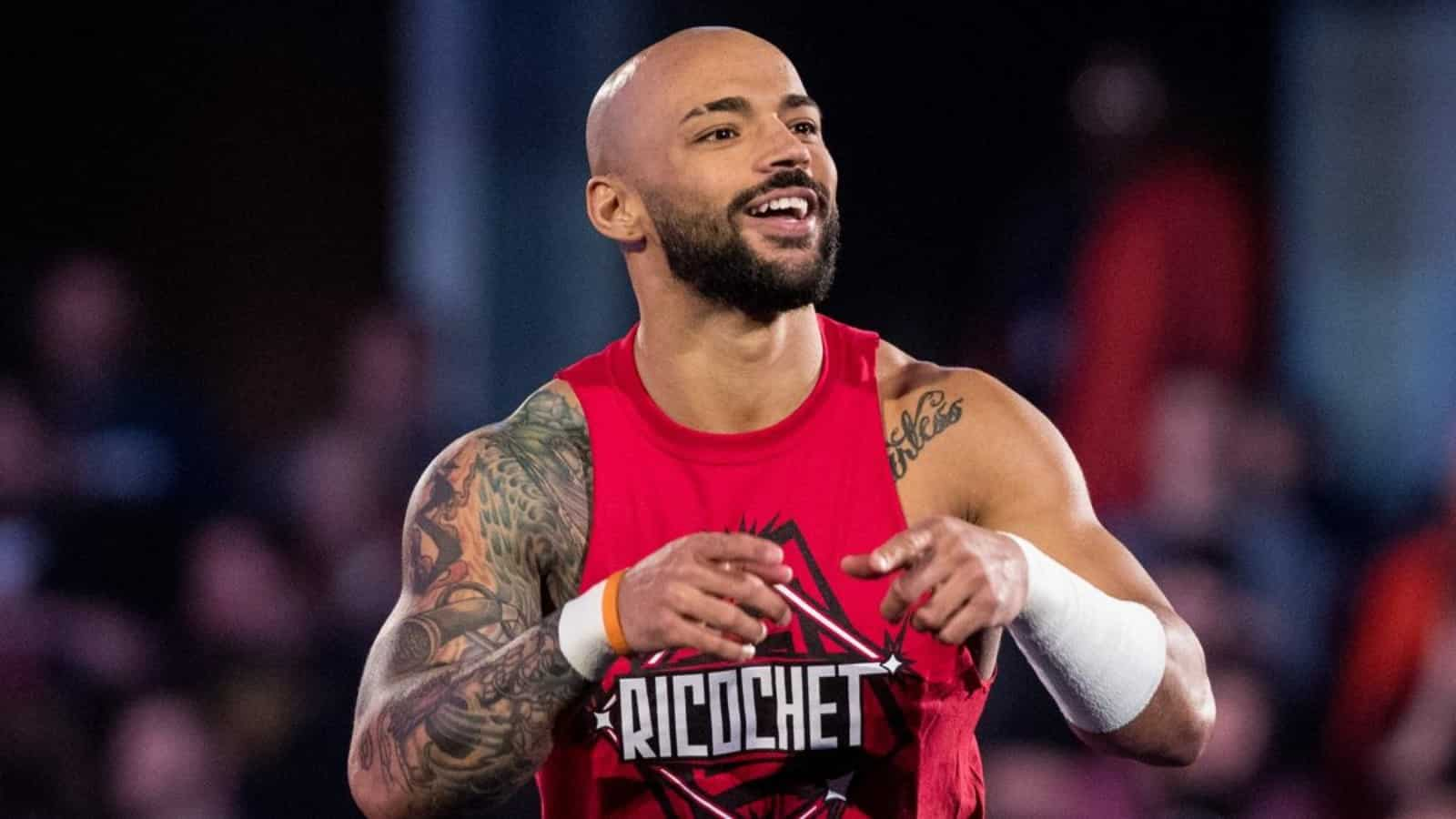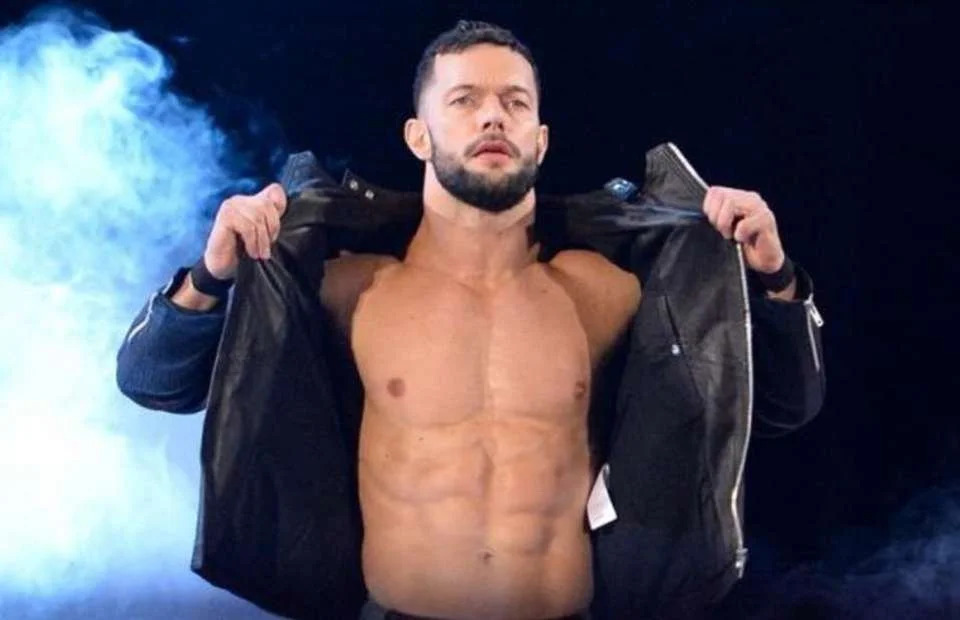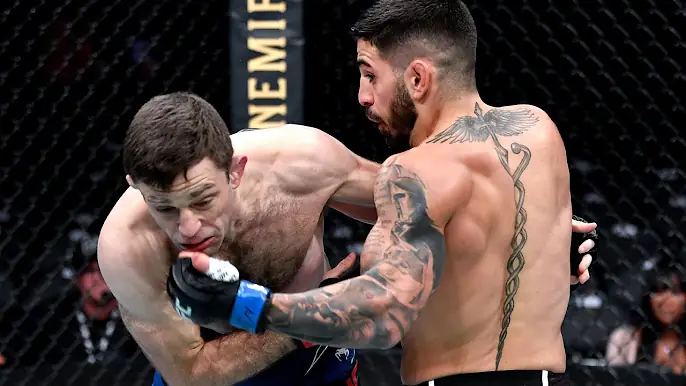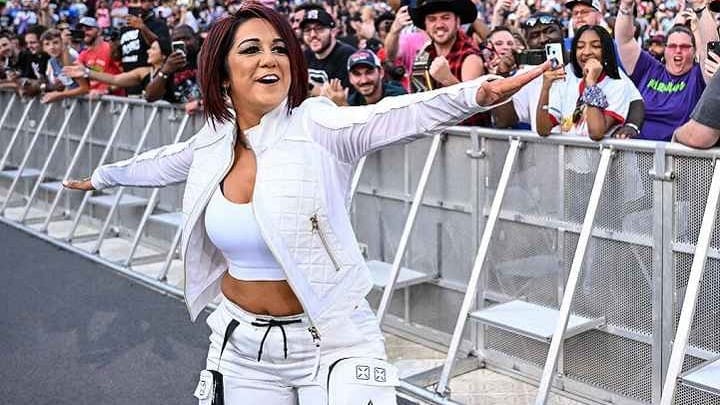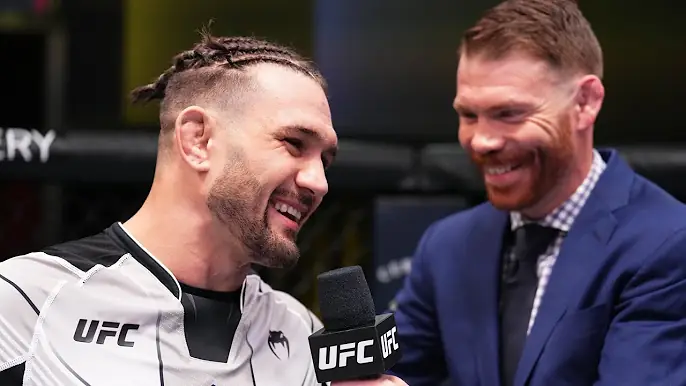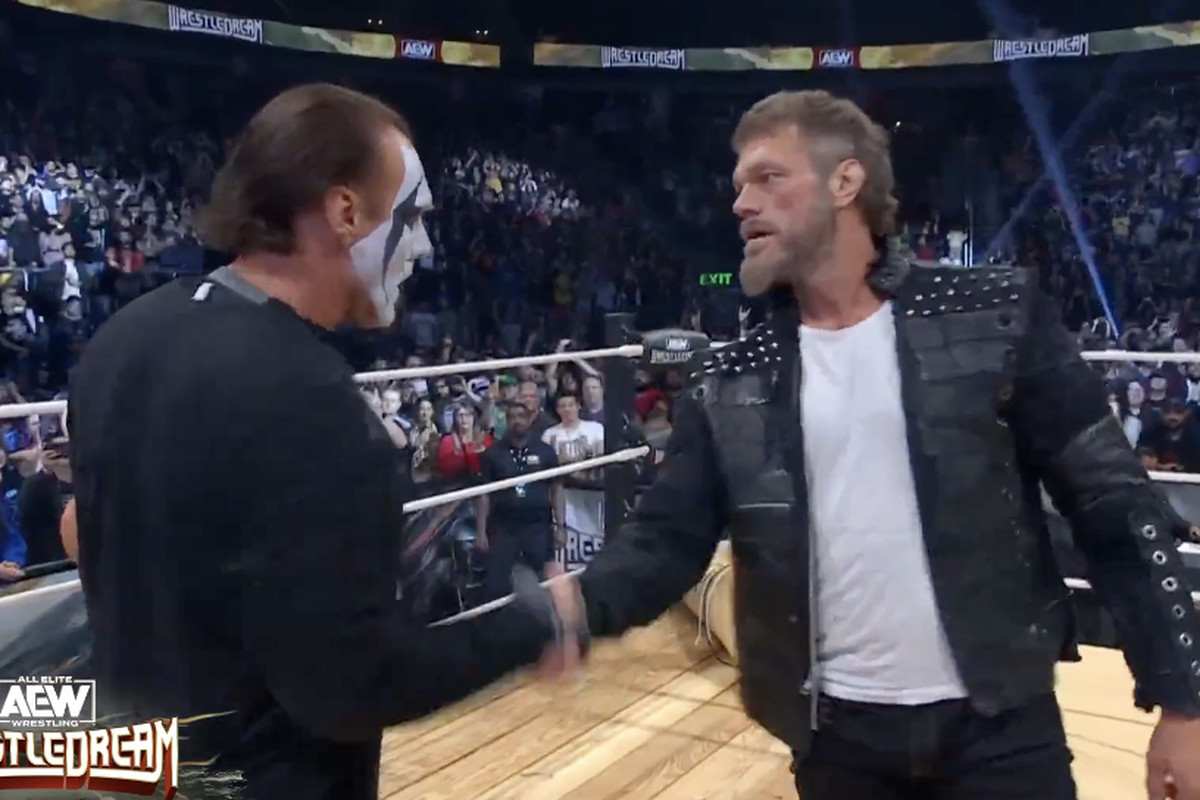Brock Lesnar’s UFC Impact: From WWE to the Octagon
Brock Lesnar is a giant of power, athleticism, and intimidation. His departure from the land of pro wrestling to a career in mixed martial arts (MMA) several years ago remains one for the ages, as Lesnar quickly emerged as an MMA superstar. In this feature, we look at Lesnar’s journey from the WWE to the UFC and what effect he has had on both sports, for better or worse, thanks to career decisions like these.
Rise to Stardom
Let me explain how wrestling can be considered the background of Brock Lesnar’s career. Lesnar was an amateur wrestler born and raised in Webster, South Dakota, on July 12, 1977. His college wrestling experience at the University of Minnesota was crowned by the 2000 NCAA Division I Heavyweight Championship. This success did not go unnoticed by WWE, and Lesnar joined WWE in the year 2000.
Lesnar joined WWE, and the changes he made were quite visible and loud. Since joining the main roster in 2002, he has been on the fast track to the top, which saw him become the WWE Champion only five months after debuting on the roster. Regarded as “The Next Big Thing,” Lesnar was a powerhouse, a skilled athlete, and an overnight face who dominated WWE. His rivalries with big names such as The Rock, Kurt Angle, and the Undertaker established him as one of WWE’s biggest draws.
Leaving WWE
However, the rigorous travel and the demanding nature of professional wrestling caused Lesnar to quit WWE in 2004. To add more spice to his career, he had a short stint with the Minnesota Vikings in the preseason. However, an injury that he got forced him to stop playing football and look for something else to do.
Transition to the UFC
Getting into the Octagon
Lesnar switching over to MMA was a cause for concern and a talking point at the same time. Some people questioned his fitness for a sport that was far from wrestling, or more specifically, professional wrestling. Still, one can note that Lesnar had amateur wrestling experience, which was quite helpful when he entered the world of MMA.
Lesnar joined the UFC in June 2007, and his first fight was much anticipated by the fans. He was matched against Frank Mir in his first fight in the UFC, at UFC 81 in February 2008. Even though Lesnar was defeated by Mir through submission, what one should note is that the performance was promising. He was a very imposing figure, physically strong, and showed great wrestling skills, so it was obvious that if he got more ring time, he could be a force to be reckoned with.
UFC Heavyweight Champion
Heath Herring became the second fighter to face Lesnar in the cage at the UFC 87 event, where the latter triumphed by a unanimous decision. His next fight was for the UFC Heavyweight Championship against Randy Couture, held at UFC 91. Thus, Lesnar defeated Couture with a technical knockout and became the UFC heavyweight champion in the frame of his fourth professional fight. This win proved that he is a real MMA fighter and shut the mouths of many of his critics.
Frank Mir was another of Lesnar’s victims when they met in a rematch in a UFC 100 event in which Lesnar defended his championship title. This time, he was able to reverse the result by stopping his rival through a technical knockout in the second round. This bout was one of the most profitable events in UFC history back then, which proved the event’s headliner, Lesnar, was highly popular with fans.
Health Issues and Comeback
Lesnar lost a great deal of ground in his wrestling career when he was forced to quit wrestling due to diverticulitis, a severe intestinal disease, in December 2009. This sickness kept him inactive for more than a year, and people doubted his career in MMA. But Lesnar came back to the octagon in July of 2010 and gained victory over Shane Carwin at the UFC 116 and became the Unified UFC Heavyweight Champion.
However, Lesnar would continue to have issues with diverticulitis. Even so, this became his successful comeback. He was defeated by Cain Velasquez at UFC 121 in October 2010 and then by Alistair Overeem at UFC 141 in December 2011. These losses, along with his other health-related problems, forced Lesnar to retire from MMA in 2011.
Impact on the UFC
Drawing Power and Popularity
The role of Brock Lesnar in the UFC was more significant than one might think. He was a very popular wrestler who attracted all kinds of audiences, including WWE fans, MMA fans, and those who do not follow wrestling much. The fights that Lesnar participated in were some of the most-viewed pay-per-view events in UFC history, generating a lot of money and attention for the organization. He helped take the UFC heavyweight division to new levels, as well as the general acceptance of the sport.
Legitimizing the WWE-MMA Transition
It is therefore evident that, through his victory in the UFC, Lesnar paved the way for professional wrestlers to pursue their careers in MMA. The idea of a wrestler dominating a real martial arts competition was considered unlikely and improbable. Lesnar, however, turned such predeterminations upside down and demonstrated that with apt skills and training, one could easily make the shift and excel in any championship. This paved the way for other wrestlers like CM Punk to try the same but with mixed results.
Evolution of the Heavyweight Division
Thus, Lesnar’s arrival at the UFC reopened interest and engagement in the heavyweight category. His size, strength, and wrestling ability changed the course of the heavyweight division and made others’step ”up’their game to compete with him. The division attracted great talent and competition, hence improving the nature and quality of MMA.
Lesnar’s return to the UFC also added new life and serious competition to the heavyweight category. His size, strength, and wrestling skills changed the whole dynamics of the heavyweight division, making other competitors change strategies in order to counter him. It forced the division to open up to talent and more competition, which helped the growth and development of MMA.
Returning to WWE and Further Impact
WWE Return
Lesnar got out of the cage for the last time as an MMA fighter and went back to WWE in April 2012. His arrival was hyped and put much more life into WWE and its viewership, including the rate at which people bought WWE pay-per-views. Lesnar remained on top, competing in major stake angles and title bouts. His participation in WWE brought a celebrity factor and popularity within the organization, particularly in the UFC.
Crossover Appeal
The company’s strategy for Lesnar’s mobility between WWE and UFC proved its versatility and popularity. He was also a hybrid wrestler; thus, fans from both worlds were attracted to him, and he was the link between wrestling and MMA. This crossover appeal further helped him expand his appeal and effectively cemented him as one of the most recognizable and influential people within the sphere of combat sports.
Legacy
Therefore, the legacy of Brock Lesnar is evident through his performances in WWE and UFC. He is a unique example of a sportsman who achieved the top results in two different and rather stringent kinds of activities. While Lesnar was active in and out of the ring and octagon, he also paved the way for multi-sport athletes and the possibility of crossover success.
Contribution to MMA and Professional Wrestling
Influence on Modern Mixed Martial Arts (MMA) and Professional Wrestling
Lesnar’s contribution to MMA and professional wrestling is immense. In MMA, he introduced marketability, more money, and closer rivalries, especially in the division of heavyweights. His success reinforced the notion that practitioners of other combat sports could crossover into mixed martial arts and be successful.
In professional wrestling, Lesnar’s return to the UFC also brought a realistic element and expectation to the WWE. The fact that he did compete in the UFC added to his wrestling persona, and any of his bouts became big events. Lesnar’s career also affected WWE in terms of how they commercialized and marketed its wrestlers; WWE saw value in crossover athletes.
Continued UFC appearances and Brock Lesnar’s Legacy
Return to the Octagon
Although Lesnar ceased fighting in MMA, he came back to the UFC in July 2016 at UFC 200, where he fought against Mark Hunt. The fight was won by Lesnar by a unanimous decision, and this proved that he still has it in him to fight at the highest level. Nevertheless, the victory was later changed to a no-contest due to Lesnar’s use of a banned substance. This episode was controversial, but it demonstrated that Lesnar remains a valuable fighter for the UFC.
Influence on Future Fighters
Since Lesnar transitioned from WWE to UFC, his achievement has impacted fighters who want to switch from one sport to another. He has motivated athletes to switch from professional wrestling to MMA, as skills and celebrity status in one field open doors in another. This has led to the acceptance of multi-sport athletes, which has increased the talent base in both WWE and UFC.
Media and Cultural Impact
It is for this reason that Lesnar’s crossover has had major media and cultural ramifications. He has been participating in numerous documentaries, interviews, and media appearances that tell about him and his rather extraordinary occupation and successes. Lesnar’s story has entered the realm of folklore as an example of how athletes can conquer different fields. His impact is not only limited to the ring and the octagon but rather has an impact on the fans and future athletes.
Conclusion
The history of Brock Lesnar switching between WWE and UFC and then back again is a clear indication of his talent, hard work, and resilience. He certainly contributed a lot to both sports, as he helped to break barriers, attract large crowds, and have an influence on those who came after him. Lesnar’s transition from professional wrestling to mixed martial arts and back to professional wrestling just made his career one of the most extraordinary and noteworthy in the history of combat sports. His current presence in WWE and UFC and his cultural and media influence make him one of the icons of sports entertainment.

